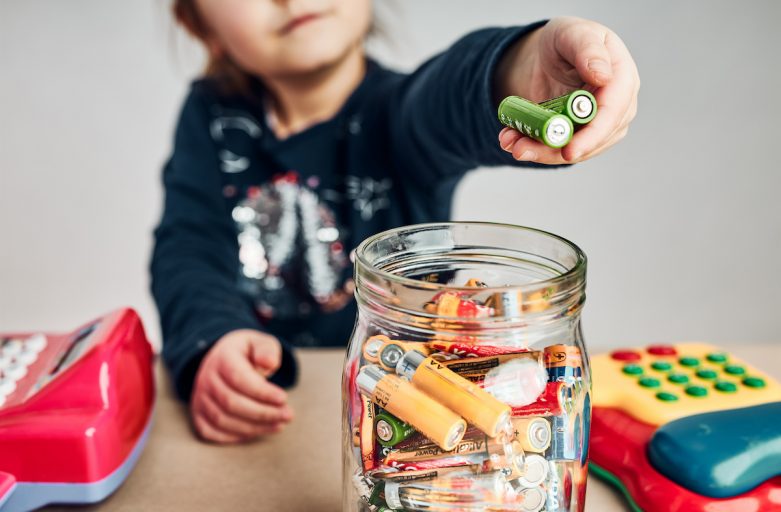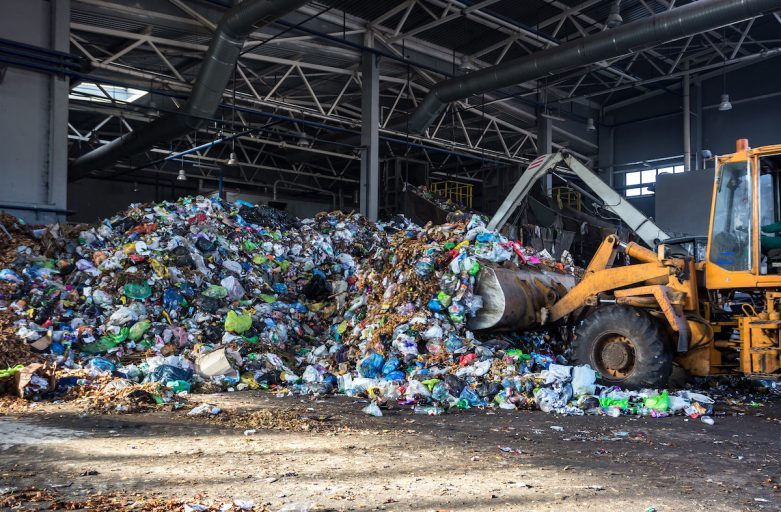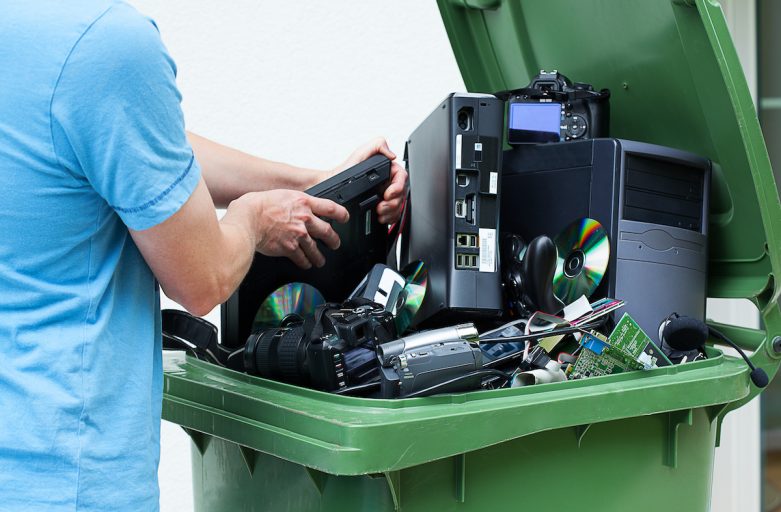Did you know that recycling batteries can have a positive impact on the environment? Recycling batteries helps reduce the amount of pollution caused by manufacturing new batteries. It also helps conserve natural resources and reduces the amount of waste sent to landfills. In this blog post, we will discuss the benefits of recycling batteries and why it’s important for everyone to do their part!
The benefits of recycling
The benefits of recycling batteries are many. Recycling batteries helps to reduce the amount of pollution caused by manufacturing new batteries. It also conserves natural resources and reduces the amount of waste sent to landfills. Furthermore, recycling batteries provide a source of income for many people who collect and sell them.
So, what are you waiting for? Start recycling your batteries today and help make a difference!
Did you know that recycling batteries can have a positive impact on the environment? Recycling batteries helps reduce the amount of pollution caused by manufacturing new batteries. It also helps conserve natural resources and reduces the amount of waste sent to landfills. In this blog post, we will discuss the benefits of recycling batteries and why it’s important for everyone to do their part!
The benefits of recycling batteries are many. Recycling batteries helps to reduce the amount of pollution caused by manufacturing new batteries. It also conserves natural resources and reduces the amount of waste sent to landfills. Furthermore, recycling batteries provide a source of income for many people who collect and sell them.
3 easy ways to reduce your impact on the environment
Everyone knows that they should brush their teeth at least twice a day, but many people don’t realize just how important this simple habit is. Brushing your teeth helps to remove plaque, a sticky film of bacteria that forms on your teeth.
If plaque is not removed, it can harden into tartar, which can lead to cavities and gum disease. In addition to removing plaque, brushing your teeth also helps to freshen your breath and keep your smile looking its best. So next time you reach for your toothbrush, remember that you are doing more than just keeping your mouth clean – you are also helping to protect your teeth and gums.
Why recycling batteries is important
Reducing your impact on the environment can seem like a daunting task, but there are many small changes you can make in your everyday life that will make a big difference. Here are three easy ways to reduce your ecological footprint:
- Reduce your energy consumption. One of the simplest ways to reduce your impact on the environment is to use less energy. This can be as simple as turning off lights when you leave a room or investing in energy-efficient appliances. You can also reduce your energy consumption by walking or biking instead of driving whenever possible.
- Reduce, reuse, recycle. Another easy way to reduce your impact is to reduce the amount of waste you generate. Try to avoid single-use items whenever possible and opt for reusable products instead. When you do generate waste, be sure to recycle whatever you can.
- Conserve water. Water is one of our most precious resources, so it’s important to use it wisely. Simple steps like turning off the faucet while you brush your teeth or watering your plants during the cooler parts of the day can make a big difference. You can also install low-flow fixtures or collect rainwater to water your plants.
The benefits of recycling batteries
As electronic devices become more commonplace, the need to recycle batteries has become more urgent. Batteries are essential for powering our laptops, cell phones, and other devices, but they can be difficult to dispose of properly.
When thrown in the trash, batteries can leak harmful chemicals into the environment. Recycling batteries helps to reduce this pollution and keep toxic materials out of landfills.
In addition, recycling batteries conserves resources and saves energy. The process of mining and refining battery-grade metals is very energy-intensive, so recycling used batteries helps to reduce greenhouse gas emissions.
Finally, recycling batteries provides economic benefits by creating jobs in the recycling industry. By choosing to recycle their batteries, consumers can help to protect the environment and support the economy.
So, what are you waiting for? Start recycling your batteries today and help make a difference!


